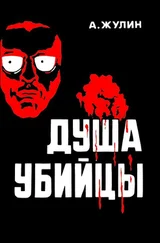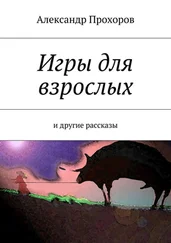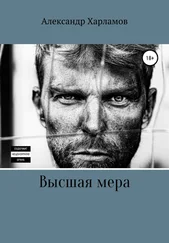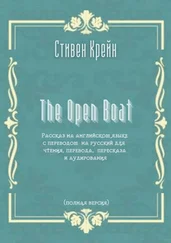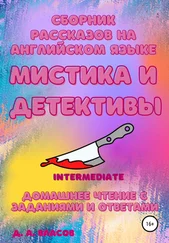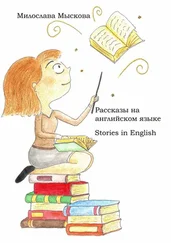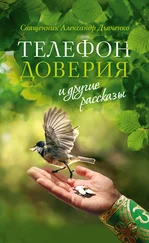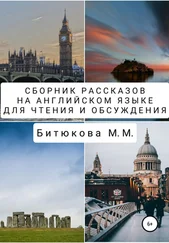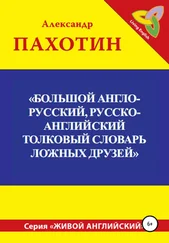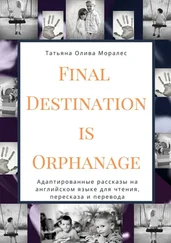Huge letters across the top of the page screamed:
“Aliens in the city! Two witnesses (to say nothing of the dog) ! ” 2 2 Намек на название романа Дж. Джерома “Трое в лодке, не считая собаки”
alien здесь инопланетянин, пришелец
UFO(unidentified flying object) НЛО (неопознанный летающий объект)
namesakeтезка
instant мгновенный
to take a liking to somebodyполюбить кого-то
dogs in particular здесь особенно собак
to hintнамекать
strollпрогулка
to head forнаправляться (куда-либо)
otherwiseнаоборот
liked her walks to be physicalчтобы её прогулки были с упражнениями
both parties felt quite exhausted здесь пока обе стороны не обессилят
to make outразглядеть, понять
thick здесь густой
inner self здесь внутреннее я
thoroughlyтщательно
that low разг. так низко
killed all of my doubts здесь развеял все мои сомнения
heard Piggy give an impatient woofУслышал, как Пигги нетерпеливо тявкнула
paper разг. газета
Have you ever seen a UFO?
Have you been to Siberia?
Would you write about the incident if you were the story-teller’s friend and a journalist? Why?/Why not?
Do you have a pet? What is it?
Do you believe in aliens? Why?/Why not?
Read aloud and translate any paragraph you like.
(746 words)
I am Alexander and I am Russian. I’d like to tell you an interesting story about a trip I made to Damascus, in Syria, back in the 80eies. I worked in a city in the heart of Siberia as a translator. Once I was asked to interpret for a dancing group, composed of boys and girls aged between fourteen and seventeen as the group was going on a two-week tour to Syria.
They were a very professional dancing group, as they’d all started dancing at about the age of six, and had been training intensively almost every day since then. They learnt many different types of dances, so it was very impressive to see them. It was a real pleasure for my friend to work with the group, and to see them danceso often. Every time I saw them performing I couldn’t help admiringthem, as they danced so magnificently, better than many adult dancing groups that I’d seen.
Anyway, we travelled to Damascus in July, in the middle of summer. It was unusually hot in Siberia at that time, about twenty-nine degrees Celsius, so everybody was sweating. I said to the group before we left, “Don’t forget, we’re going, to Damascus, very close to the desert, and it’s going to be something like forty-seven or even fifty degrees Celsius.”
When we arrived at the airport, however, and got out of the plane, we couldn’t believe we were in a desert region, as we all felt a bit chilly! It turned out that the temperature was only eighteen degrees Celsius!
The next day, however, there was a heat wave and it was blistering hot. The temperature reached forty-seven degrees, and during the day it was almost impossible for me and the group to go anywhere without staying in the shade. We had to walk under covered walkways, or stay under the canvas awningsof shops and cafes, as it was absolutely unbearablein the sun.
I remember that Damascus was dead during the day-time, with nearly empty streets and no other signs of life. But when the sun went down at about nine o’clock in the evening, the city came alive. People would come out into the streets, the cafes and restaurants would open, and social life would start. They’d go to parties, visit each other, buy and sell things, go to the cinemas and so on. This carried onuntil about three or four in the morning.
It was like an upside-down world for my friend, as in Siberia everything closed at about eight, the day finished and everybody went home and stayed there watching TV or rather going to bed.
Another thing that surprised me was that, whereas in Russia it was very unusual for children to go out with their parents in the evening, in Damascus it was quite common. Children of three or four years old would be sitting next to their parents in restaurants or cafes or, more usually, playing between the tables. I found this especially unusual as Russia was still behind the Iron Curtain at that time and I’d never had an opportunity to travel abroad before.
The dancing tour was a dazzling success. The group performed in several cities, including Damascus, Aleppo and Latakia, and in each place the audiences went wild. They applaudedand called for encoresagain and again. The dancing tour was a great success. The dancers were accompanied by a small group of musicians playing Russian folk instruments, balalaikas, which was very unusual for the local people, who were mostly Arabs, as their music was completely different; they were altogether amused, amazedand thoroughlyentertained.
The group was especially successful in Aleppo, as thousands of Armenians live there. Armenia was a republic of the Soviet Union at that time, and when the locals learnt that a group from Russia were playing, and also that they played music by Khachaturian, the famous Armenian composer, they flockedto the performance. The group was very warmly received. The audience applauded and encored them many times, and was very enthusiastic, maybe because they liked the music so much and felt a deep nostalgic connection with it.
The group stayed in a beautiful five star hotel in Damascus, with luxuriousfacilities, swimming pools, tennis courts, huge four course meals and top class service, which was a real noveltyfor me. To this day, I still think the whole experiencewas one of the greatest of my life. It was my first trip abroad, and the first impressions are the strongest.
composeсоставлять
to see them danceсмотреть, как они танцуют
couldn’t help admiringне мог не восхищаться
magnificentвеликолепный
chillyпрохладный
blistering hot здесь очень жарко
awningнавес из плотной ткани над входом
unbearableневыносимый
carry onпродолжать(ся)
dazzling success здесь оглушительный успех
go wild здесь приходить в неистовство
applaudхлопать в ладоши
Читать дальше

